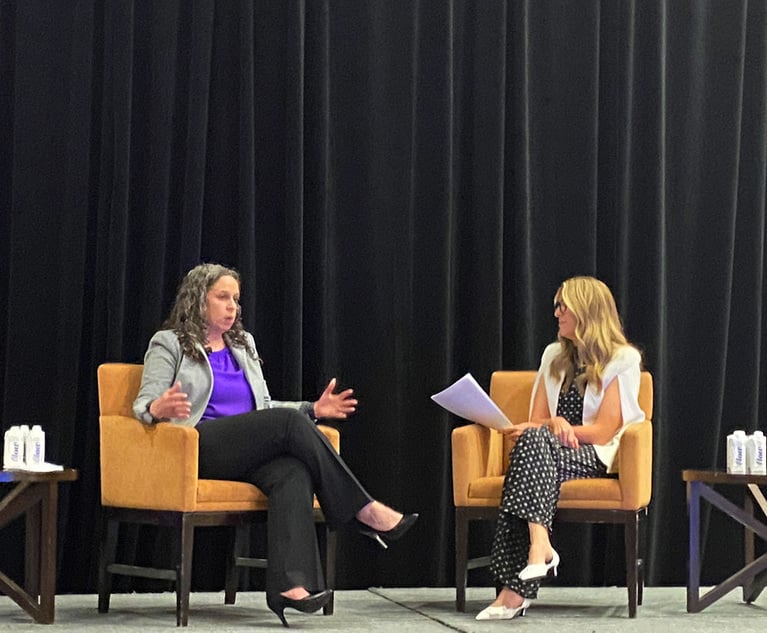It’s a risky time for politically and socially conscious companies. Just ask Nike Inc.
The Beaverton, Oregon-based athletic-wear giant recently faced a shareholder call for greater transparency into political spending after the company launched an advertising campaign featuring former NFL quarterback and original knee-taker Colin Kaepernick.


 Shutterstock.com
Shutterstock.com








